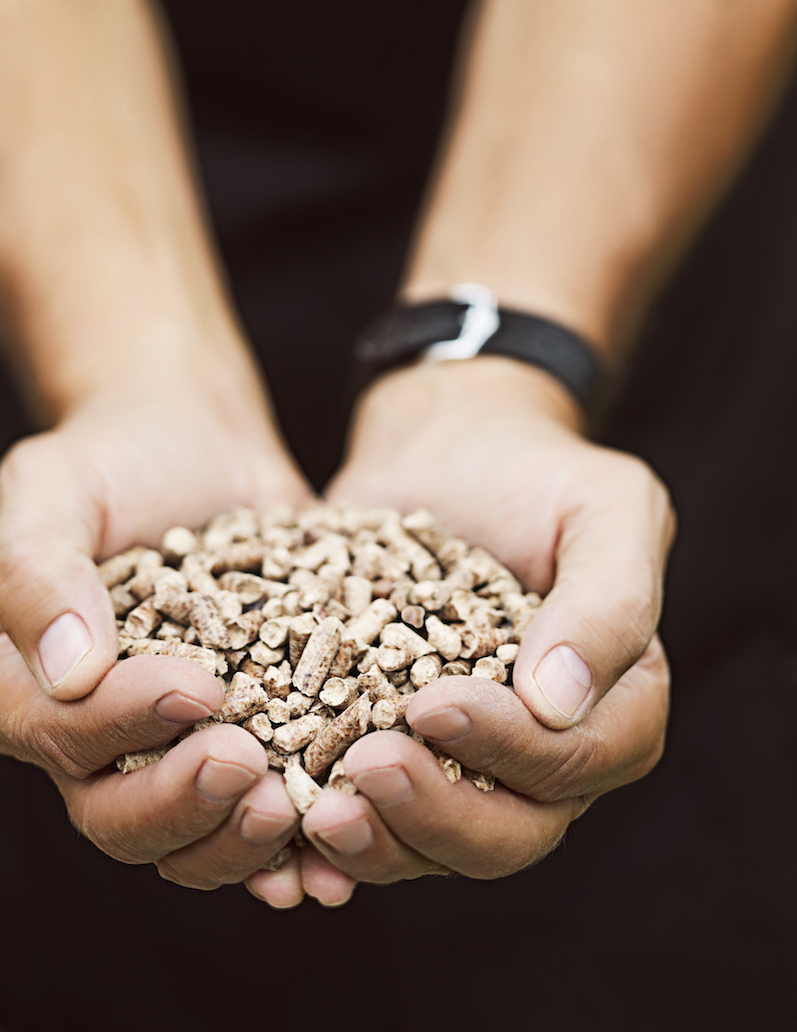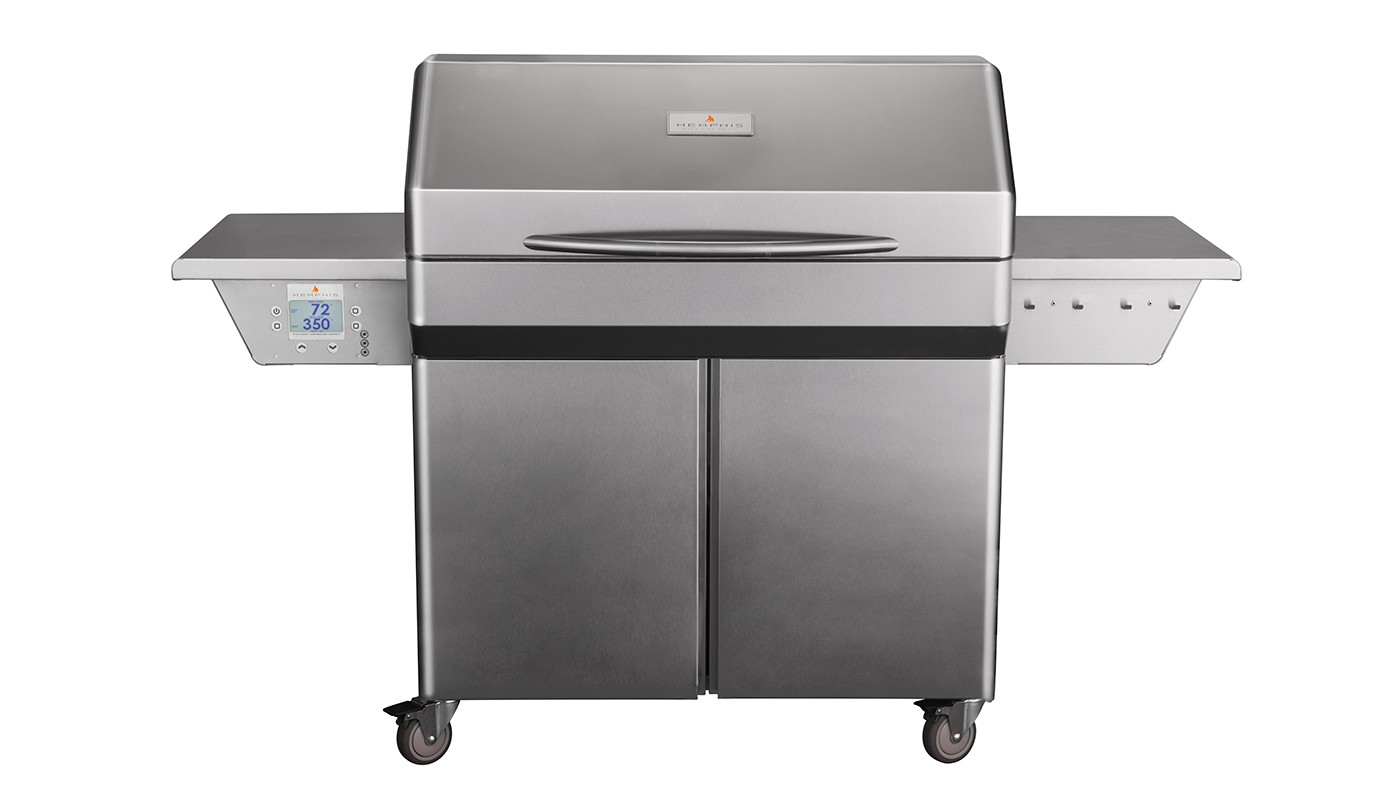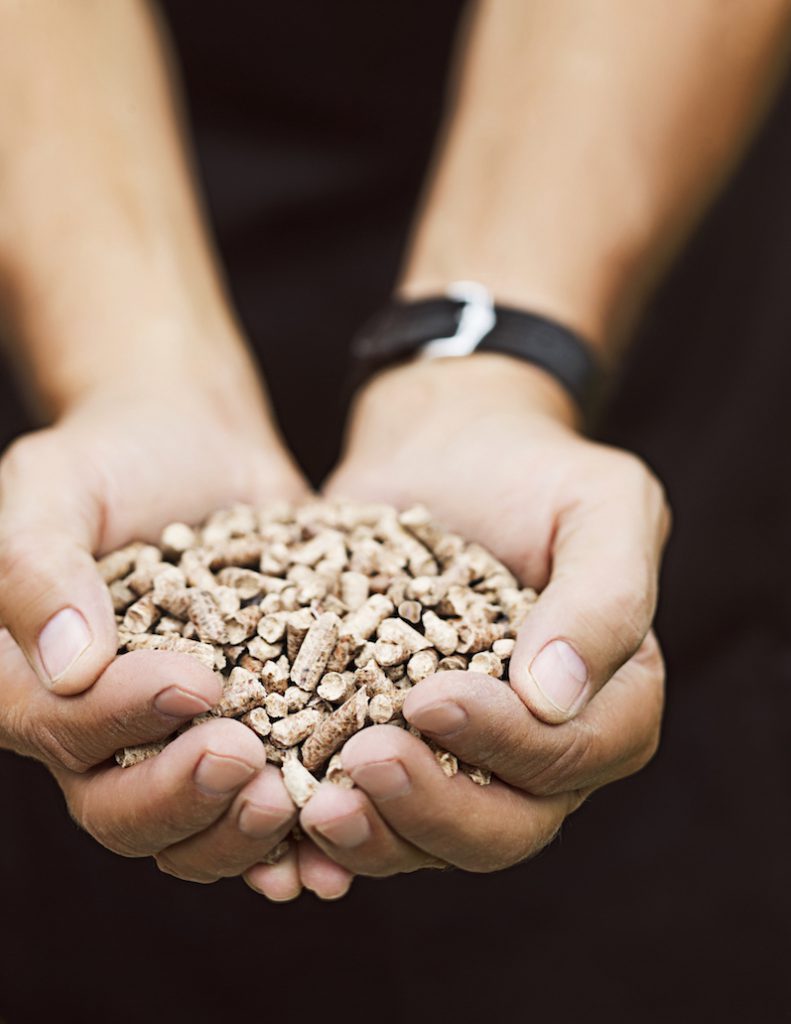Pellet grills are considered the leader of flavor and texture to many grilling and smoking enthusiasts. Wood pellet grills combine the best of gas and charcoal grills: quick to heat and full of hardwood flavor.
One other advantage of pellet grills that often surprises users is they offer the most environmentally-friendly grilling and smoking methods.
In honor of Earth Day, we are taking a look at environmentally friendly grilling with pellet grills, and sharing some best practices to ensure you’re as green as you can be. You may even feel inspired to start grilling more eco-friendly with a wood pellet grill.
How are pellet grills earth friendly?
Wood pellet grills use minimal electricity with the main fuel source being renewable Wood Pellets – making them the top environmentally friendly grill choice.

Wood-pellet grills start and operate on traditional household electrical currents. And since they don’t use fluids, lighters, or gas, wood pellet grills are significantly more environmentally friendly than charcoal or gas grills.
They heat quickly, and most higher end models like the Memphis Wood Fire Grill are built to contain the heat to minimize waste while cooking. These grills are intentionally designed to discourage flare-ups while grilling.
Additional the wood pellet fuel source is composed of compressed sawdust and hardwood chips – meaning they are using a resource that would have gone to waste. These pellets also have no additives, so no chemicals are burning off into the atmosphere. Hardwood pellets burn cleanly, with minimal ash. Though pellets are initially more expensive than charcoal, they burn efficiently: you’ll normally only need about two pounds of pellets when grilling on the highest heat (600-700 degrees) for a full hour, and only a half-pound when smoking (180-250).

When you compare Wood Pellet Grills to their predecessors, you learn just how much cleaner they are. Burning charcoal releases volatile organic compounds (VOCs), the largest contributor to smog. Charcoal isn’t the only culprit; if you’re using lighter fluid to ignite the flames, you’re adding to this noxious mix. The additives in charcoal and lighter fluid are compounded by the time it takes for charcoal to heat up and cool down – a couple hours at minimum.
Gas grills are environmentally better than charcoal grills, as they aren’t using fuel with these additives. But they still require propane as a fuel source, which has to be burned off and is less environmentally efficient than any Wood Fire Grill.
Using minimal electricity and burning renewable and repurposed wood pellets, a Wood Pellet Grill is clearly the cleaner choice. Additionally, with 21st century WiFi technology on high end pellet grills like the Memphis Wood Fire Grill, you don’t have to compromise quality for to be environmentally friendly.
Best practices for environmentally-friendly grilling
Since your pellet grill relies on energy, try to use renewable energy electrical sources, like wind or solar power.
Cook efficiently, especially if your grill has technology to help you monitor temps from afar.
Throw some veggies on the grill – meats are delicious, but do have a higher carbon footprint than veggies. Balancing out your deliciously smoked brisket or ribs with some greens is good for you and the environment.
No matter how many days you plan on cooking outside this spring and summer, keep these tips in mind to contribute to have great food and help with the Earth’s well-being.
